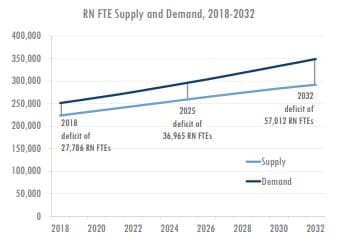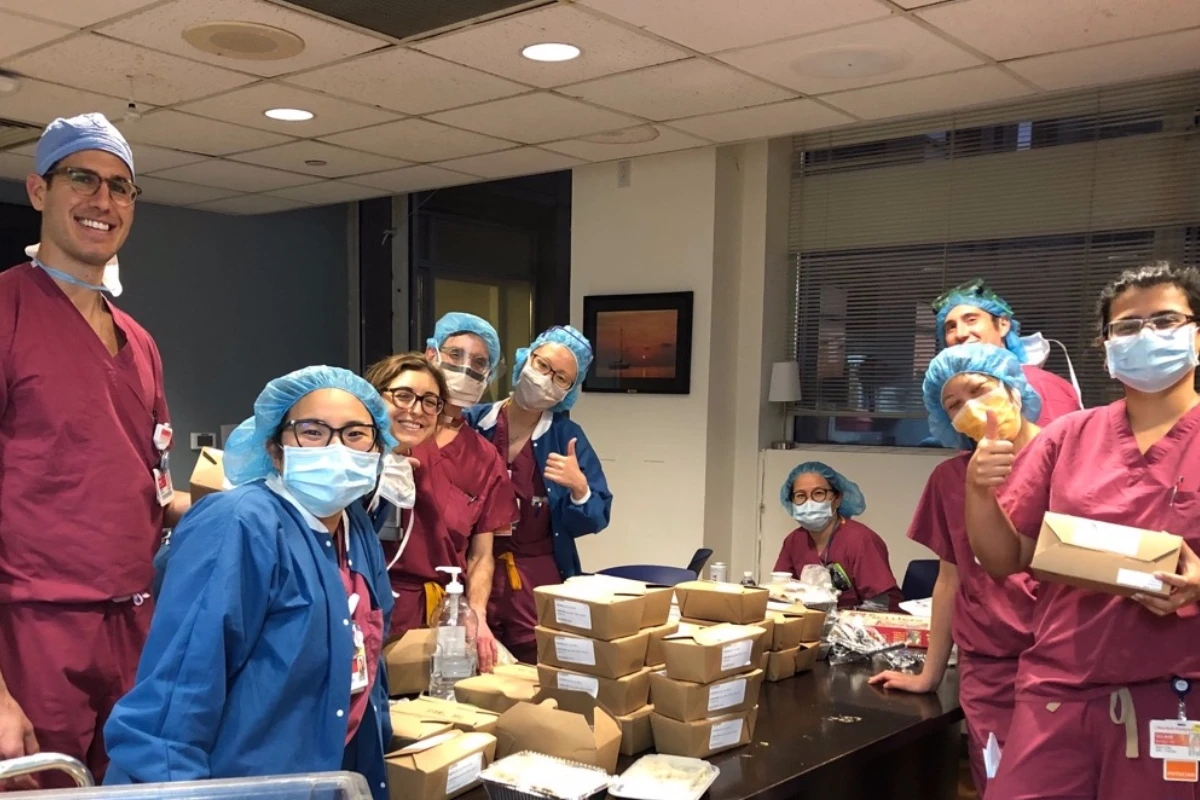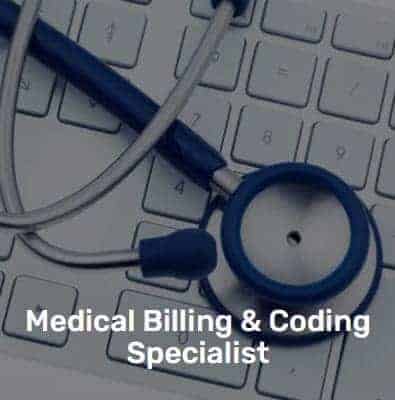Nurses Need to Have the Right Stuff
To prepare candidates for this rewarding and highly intensive career, a nursing program is a daily commitment: two (or more) years of dedication to a demanding profession. Nurses need to be detail-oriented, organized, and able to deal with things that can make others feel uncertain: needles, bodily fluids, pain, illness, and sometimes death.
Becoming a nurse means being prepared for the immense responsibilities of the career.
Nurses Are in High Demand in Texas
More than ever, registered nurses are in high demand. The healthcare system is overwhelmed by the demand created both by the pandemic and the stressors it puts on regular healthcare needs and services.
According to the Texas Workforce Commission there are thousands more unfilled registered nursing jobs in Texas then there are registered nurses looking to fill them.1
A report by Texas Health and Human Services states that “Texas will face a shortage of most nurse types by 2032. The supply of licensed vocational nurses (LVNs), registered nurses (RNs), and certified nurse-midwives (CNMs) will fall short of demand by 2032.”

Put another way, as the shortage of registered nurses continues to grow, 16% of the healthcare system’s need for nurses will not be met. This shortage is expected to be felt the most at hospitals.2
Nursing is Competitive
The need for nurses/frontline healthcare workers is greater than ever, but this does not translate to a less competitive field for prospective nursing students. The problem of graduating qualified nursing candidates persists because the educational infrastructure for expanding the programs (like classroom size) and providing opportunities for nursing students to gain hands-on experience is deficient. Programs are not able to meet the demand of candidates interested in nursing.
“We have our limitations as to how many students we can bring on right, because of the space and just managing the clinical part of this. It’s one thing to bring a student on campus for their didactic or their classwork, but we also have to have clinical sites to place our students and sometimes that is our biggest challenge.” 2
~ Associate Dean Estrella Barrera of Austin Community College
The bar is high for nursing candidates. Often with a GPA of 3 or less, a candidate would not even be considered. Schools are also not just looking at a candidate’s aptitude, but also their passion and willingness to commit to what will be a long and arduous journey to be a nurse. Prerequisites like biology, anatomy or physiology may be required before entering a program, and if accepted, you still could end up on a waiting list.
Healthcare Jobs as an Entry into Nursing
Due to demands the pandemic has placed on frontline healthcare workers, like nurses, many have experienced burnout and left the profession.
There are several other options to begin a career in healthcare that do not require years of school and that can allow someone interested in nursing to be part of a healthcare team and determine if a nursing career would be right for them.
There are positions that are part of the key frontline healthcare team (both front and back office) that can allow a prospective nursing candidate to gain healthcare experience, insight, and put themselves on a path for further healthcare career development.
Some entry-level healthcare careers to consider include (click image to learn more):
Recommended for you
-
Medical Assistant Program
Take our accelerated Medical Assistant with Clinical Labs program at our Arlington campus and start a new career in as little as 8 months!
Radiology Technician Training
Take our accelerated Radiology Technician Training program at our Arlington campus and start a new career in as little as 8 months!
Medical Billing And Coding Specialist Program
Our 100% online accelerated Medical Billing and Coding Specialist Program makes it possible for you to train for a new career in as little as 25 weeks!
Accredited Pharmacy Technician Training Program
Our 100% online accelerated Pharmacy Technician Training program makes it possible for you to train for a new career in as little as 25 weeks!
Medical Assistant Program
Our 100% online fast track Medical Assistant program makes it possible for you to train for a new career in as little as 6 months!
Training in a related healthcare field to be a medical assistant, a phlebotomy technician, a pharmacy technician, or a medical billing and coding specialist can start your career in healthcare, working in a variety of environments, such as:
- Doctor’s offices
- Hospitals
- Healthcare clinics
- Physical therapist’s offices
- Acupuncturists
- Dentist’s offices
- Ambulance services
- Retail health clinics
Getting certified in an entry-level healthcare career does not involve years of school; you can get certified in as little as 32 weeks and need only a high school diploma to qualify.
Once you are in a healthcare environment, you will see other opportunities for career advancement in healthcare as you interact daily with other medical professionals from whom you can gain insight and guidance. These people could also make great references should you decide to pursue a career in nursing – or other healthcare profession!
CCI Training Center Is a Great Place to Start
Organizations like the National Healthcareer Association (NHA) offer an important lifeline for people interested in a healthcare career without a college degree. NHA certifications are highly reputable in an industry undergoing serious growth and offer amazing prospects for job seekers at this level.
CCI Training Center offers a variety of accelerated career training programs that get you trained and ready for NHA Certification Exams in a variety of healthcare career paths, including:
- Medical Assistant
- Health Information Specialist
- Phlebotomy Technician
- Medical Administrative Assistant
- Nutrition and Weight Management Specialist
CCI Training Center has many years of experience in delivering hands-on, exceptional medical training, with programs to cooperate with your busy lifestyle. Our Career Services professionals are there for you from the moment you inquire about our programs, to when you have started your new career.
Learn More
Sources:
Carey Maceira
Related Articles











CCI Training Center Proudly Completes
41 Years in Career Training Services




















